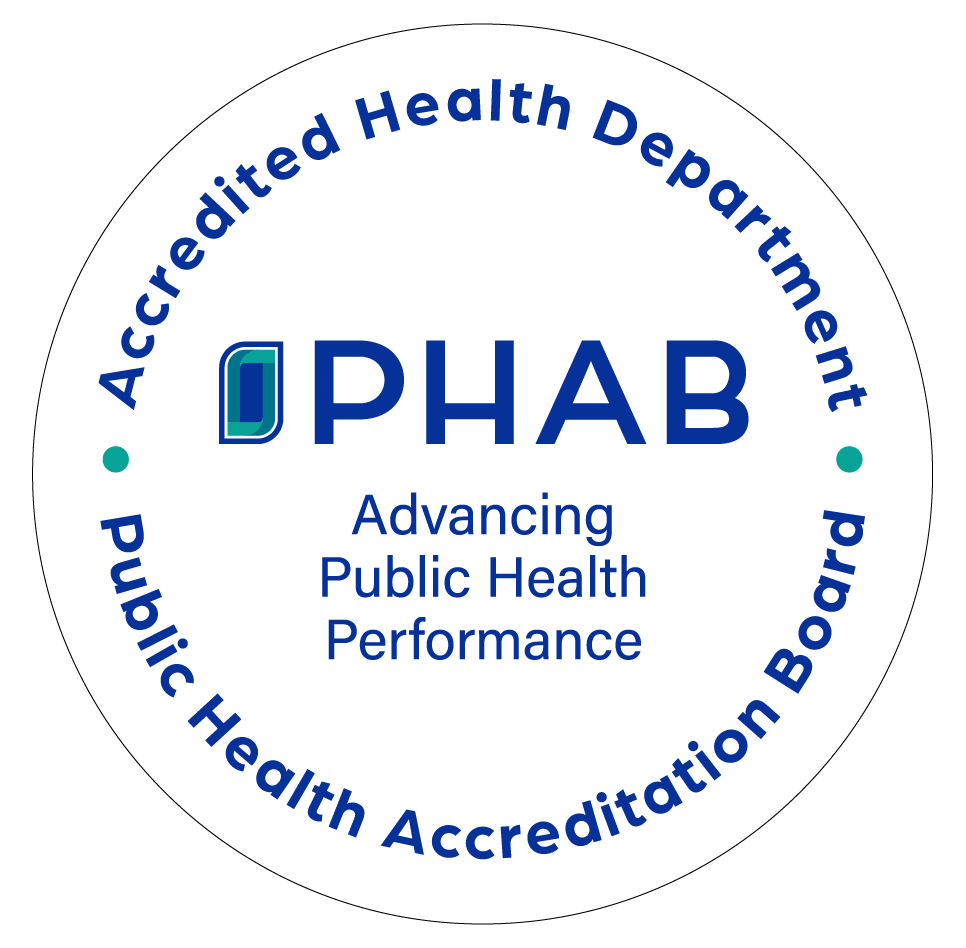Information retrieved March 7, 2020

Q: What is coronavirus disease 2019 (COVID-19)?
A: COVID-19, or coronavirus disease 2019, is an upper respiratory tract disease caused by one of the seven coronaviruses known to infect humans. It was first identified in humans in Wuhan, Hubei Province, China, in December 2019. The virus that causes COVID-19 is called SARS-CoV-2.
Q: Who is at risk?
A: The federal Centers for Disease Control and Prevention considers risk to the general public in most communities to be low. People who recently traveled to China, South Korea, Japan, Iran, or Italy, and people who care for patients with COVID-19 are at higher risk. As of March 2, 2020, there have been no confirmed cases of COVID-19 diagnosed in Ohio.
Q: What are the symptoms?
A: Symptoms, which generally appear two to 14 days after exposure, include fever, cough, and difficulty breathing. Most people who become sick do not require hospitalization, but older adults, people with chronic health conditions, and people with compromised immune systems are more likely to require more advanced care.
Q: How does it spread?
A: Coronaviruses are generally thought to be spread most often by respiratory droplets. The virus that causes coronavirus disease 2019 is spreading from person-to-person and someone who is actively sick with the disease can spread the illness to others. That is why CDC recommends that these patients be isolated either in the hospital or at home until they are better and no longer pose a risk of infecting others.
Q: What can I do to prevent it?
A: There are no vaccines to prevent COVID-19. Implement the personal prevention protection methods used to prevent flu and other infectious diseases:
-
- Wash hands often with soap and water for at least 20 seconds; dry hands with a clean towel or air dry hands.
- Use alcohol-based hand sanitizer when soap and water are unavailable.
- Cover your mouth with a tissue or sleeve when sneezing or coughing.
- Avoid touching your eyes, nose, or mouth with unwashed hands.
- Stay home when you are sick.
- Avoid contact with people who are sick.
Also, clean high-touch areas – counters, tables, doorknobs, light switches, bathroom fixtures, toilets, phones, keyboards, tablets, nightstands – every day using household cleaning spray or wipes according to label directions.
Q: Where is it spreading?
A: While the COVID-19 outbreak began in China, it is now spreading worldwide, threatening to cause a pandemic. Sustained, ongoing person-to-person spread in the community is occurring in some international locations. In the U.S., several instances of infection with the virus that causes COVID-19 have occurred in people with no travel history and no known source of exposure in several states. This has raised the level of concern about the immediate threat of COVID-19 for certain communities.
Q: Should I wear a face mask?
A: The use of face masks by people who are not sick is not recommended to protect against respiratory diseases. Face masks should be used by people who show symptoms of COVID-19 to help prevent spread of the disease and by health care workers and others taking care of someone in a close setting.
Q: Is it still safe to travel internationally?
A: The U.S. Department of State is advising against travel to China and Iran due to COVID-19 outbreaks and advising that travers reconsider plans to go to South Korea and Italy. Increased caution is advised in traveling to Japan (Level 2 advisory).
Q: What should I do if I had contact with someone diagnosed with COVID-19?
A: Detailed information for people who have had close contact with a person confirmed to have, or being evaluated for, COVID-19 are available from the Centers for Disease Control and Prevention here.
Q: Should I get tested for COVID-19?
A: Call a health care professional if you develop a fever or symptoms of respiratory illness — such as cough or shortness of breath — within 14 days of travel from China, South Korea, Japan, Iran, or Italy, or within 14 days of close contact with a COVID-19 patient. Testing is also advised for people who have severe, acute lower respiratory illness requiring hospitalization, and no other diagnosis to explain the symptoms.
Q: Will warm weather stop the outbreak of COVID-19?
A: It is not yet known whether weather and temperature impact the spread of COVID-19. Some other viruses, like the common cold and flu, spread more during cold weather months, but that does not mean it is impossible to become sick with these viruses during other months. At this time, it is not known whether the spread of COVID-19 will decrease when weather becomes warmer.
Additional information can be found at our website by clicking here.
Developed March 2, 2020, with information from the Centers for Disease Control and Prevention. Additional FAQs can be found at the CDC website here.


